
Ta'leem Center
Authentic Islamic Educational Tradition
How It All Began
Most Muslim parents use the following criteria to define the efficacy of their children’s school: excellence in academics, Islamic values, extra-curricular activities.
The reality, however, is that Muslim parents struggle to find a school that comes close to fulfilling these ideals. Parental dissatisfaction in public and private schooling has reached an all-time high, especially in the last two decades. Many parents have been trying public schools and private schools to no avail. Unfortunately, even Islamic schools are fraught with nearly all the problems and challenges of public schools.
The Tarbiya Institute leadership believes that it is mandated by its mission and vision to produce a full-time educational experience for the children of our Muslim community, to ensure the strength of their identity and the excellence of their academic competence. To this end, we assembled a team to research and identify some of the best schooling models in North America. The results of our year-long research were not what we expected or hoped for. We were looking for a model within Muslim or non-Muslim schools that was actually effective. We found that, aside from the non-traditional models such as Montessori and Waldorf, no school model stood out or offered a complete solution to our problems and met our goals.
And then it dawned on us: All along, we had been looking for school models. But what if the problem is not in the particular “school model” but in the “school concept” itself? The modern school was designed during the rise of the European nation-state to achieve the dissemination of the state agenda to the masses and manage the citizens into loyalty and conformity. In other words, what the modern school does mainly is indoctrination. It is a place where some education takes place, but certainly not comprehensive growth. The modern school is not designed for learning, but rather, to help in job placement.
This compelled us to look into pre-modern Islamic educational models.
Most learning in the Muslim world before the era of Imperialism was achieved through the concept of “Suhba” or companionship, where a trusted mentor with well-rounded knowledge was endowed with the affairs of “mentees.” Through a comprehensive tarbiya, or consistent personal and spiritual development process, the mentor oversaw the growth of his or her mentees by being with them regularly. In those regular meetings, the mentees studied Islamic sciences, spirituality, language and liberal arts, secular sciences, and physical fitness.
Additionally, they learned from the morals of their mentor and took him or her as a friend for life. This is essentially inspired by how the Prophet Muhammad (PBUH) was with his companions. We usually don’t characterize the Messenger (PBUH) as a teacher, and his companions as “students.” It is more fitting to think of him as a mentor and them as mentees, who forged incredible relationships through Suhba, hence the word Sahaba or companions.
Overview
The Ta'leem Center will adopt the pre-modern, prophetic model of learning, where children are expected to excel in the following areas:
Arabic
Gate of sacred knowledge and the medium of the Qur'an
Deen
Quranic sciences, Hadith, Tazkiya, History, Fiqh, Usool, and other Islamic subjects
Aqida
The Islamic creed, to fortify the mind and heart against atheistic ideas and godless cultures
Secular Sciences
Necessary for worldly competence, financial security, finding their passion, and benefiting humanity
Manners and Morals
Cultivate proper composure, manners, demeanor, speech, and compassion toward others in a balanced manner
Health and Fitness
Encouraging mindfulness about nutrition and exercise, leading an active lifestyle, avoiding bad habits, and honoring the physical body given to us by Allah SWT
Life Skills
Paramount for social success and mental health.
Identity
Develop a sense of belonging to their community and the larger Ummah, providing depth and meaning to their existence
It is precisely to revive these lofty goals that the Tarbiya Institute embarked with Allah’s grace upon the creation of Tarbiya Ta'leem Center, which will be the platform through which all effort will be exerted to achieve the aforementioned goals.
Methodology
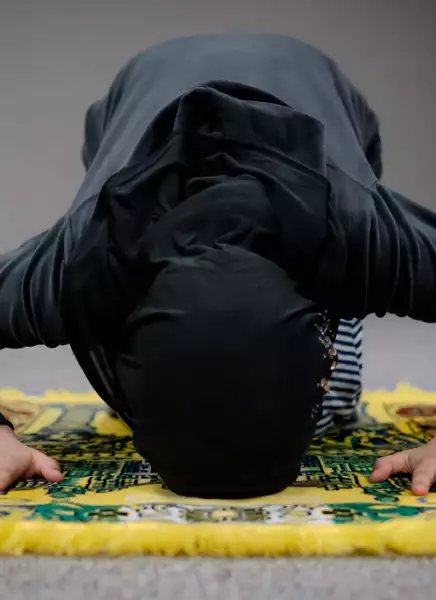
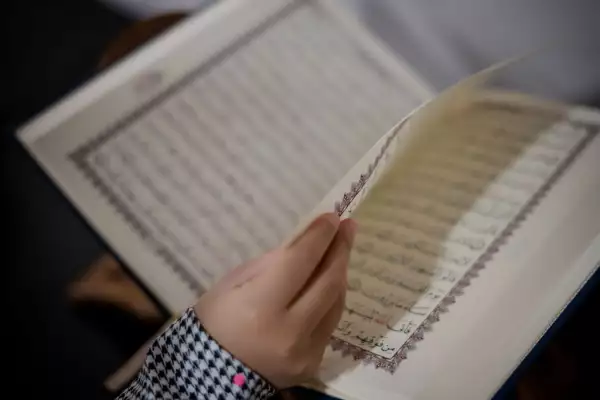
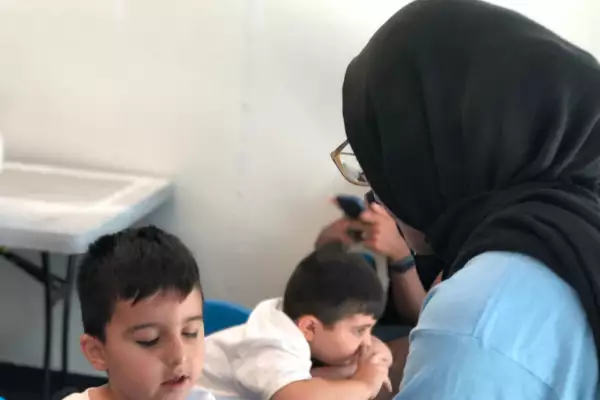
Children who join the program are divided into cohorts based on gender and are assigned to a mentor of the same gender. Cohorts are divided into Phase 1 (students join at age 5 and continue for the next 5 years) and Phase 2 (students participate at age 10 after completing Phase 1 and continue for the next 5 years).
Phase 1 focuses on developing prophetic character, building a foundation in Islamic creed, classical Arabic, and core subjects like English, Math, Science, and History. The mentor oversees their education as they complete their coursework, progressing to subsequent levels at their individual pace. Phase 2 cohorts enter a more rigorous academic curriculum of advanced studies in Arabic and Islamic sciences, at which point, the cohort will assume a new mentor. Formal tutors will be employed to aid students in progressing through all core subjects. There will be opportunities for internships, traveling, long-term projects, skill-building, and leadership, among other enrichment opportunities.
Mentees would have two track options: the California Proficiency Program (CCP) track or the GED track. The California Proficiency Program (CCP) is an exit exam (California's High School proficiency exam that can be taken earliest at the age of 16 and is equivalent to a high school diploma recognized by California colleges, universities- and some out-of-state schools). College-bound students could then go on to take community college classes and transfer to a 4-year university thereafter.
A Ta’leem student will gain…
Sound Aqeedah
Strong Connection to the Creator
Excellence in Islamic and Secular Knowledge
Critical Thinking Skills
Future Leadership Qualities
Excellence in Academics
Strong Muslim Identity and Character
Lifelong Learning Capacity
Impactful Citizenship
Our Team
At the Ta'leem Center, our diverse team combines unique passions, professional expertise, and spiritual dedication to empower the Muslim American community, with a special focus on nurturing and educating our youth. We are committed to providing meaningful pathways that uphold the legacy of traditional Islamic knowledge, equipping the next generation to navigate the challenges of modern life with confidence and faith. Meet our torchbearers—dedicated individuals inspiring, guiding, and leading our youth toward a brighter future.
Ta'leem Mentors
Spiritual Advisor

Senior Imam, Co-Founder
Imam Azeez
Board

Chair
Sr. Sumayya Jawadi
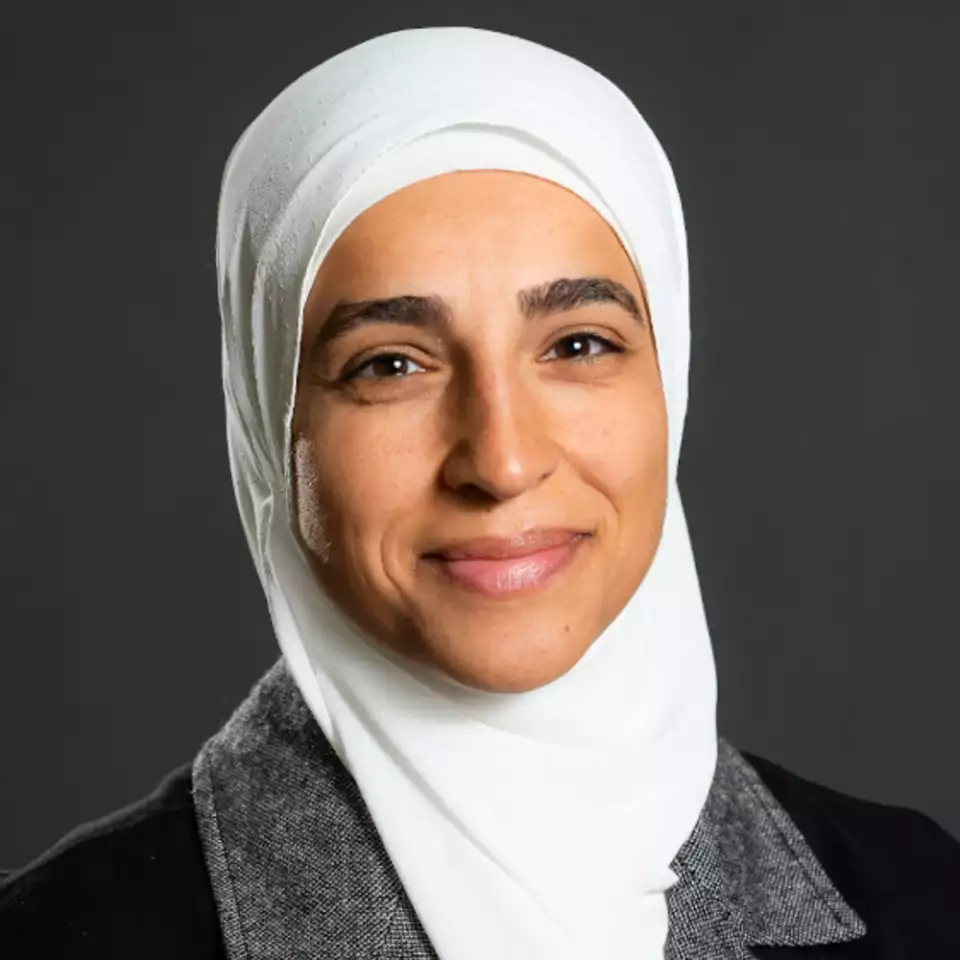
Board Member
Sr. Salma Shabaik

Board Member
Sr. Nazeela Sabir Awan
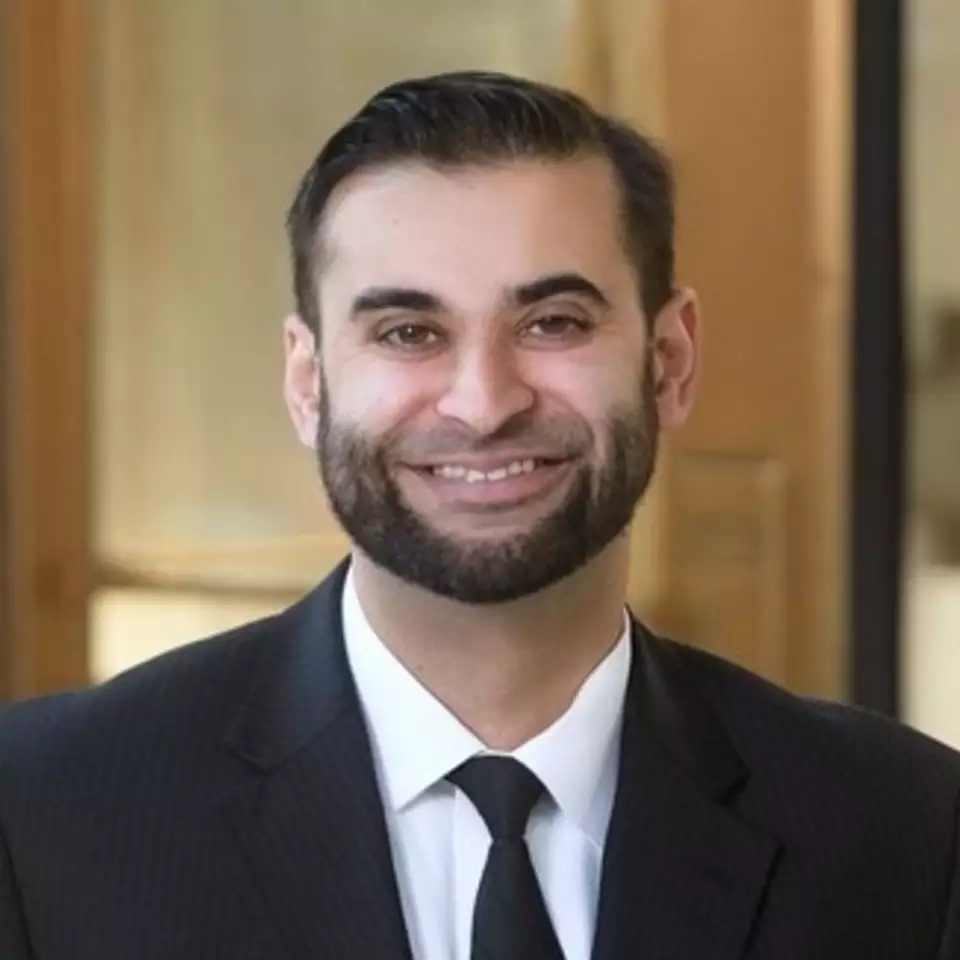
Legal Counsel
Br. Omer Ali Khan
Support Staff
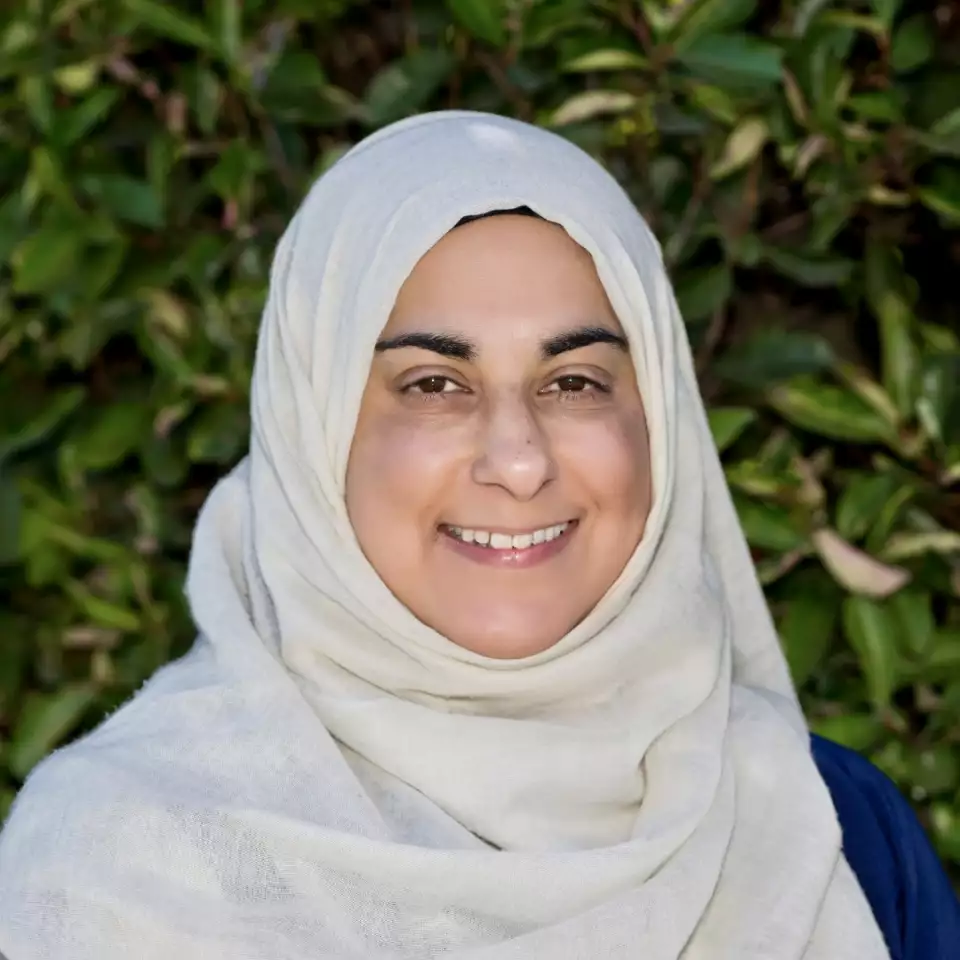
Executive Assistant, Office of the Senior Imam
Sr. Rukhsana Azhar
Want to know more?
Monday - Thursday: 8:30 AM - 3:00 PM
Friday: Early Dismissal after Jumaa
Monday through Thursday: the children join their mentor. The first half of the day is spent on core subjects such as math, science, social studies, and language arts, taught through the lens of the Islamic creed, with emphasis on the centrality of the concept of God. The second half of the day is dedicated to Islamic studies, taught predominantly in an immersive Arabic environment. Dedicated time for physical exercise and lunch will also be observed during the day.
Fridays will be community days. The children volunteer in the morning and work on projects together, then pray Jumaa and leave.
Learning will be supplemented with Field Trips, Community Building, and Practical Skills.
Phase 2 Students will have the opportunity to participate in an extended camp with their mentor.
Tarbiya Ta'leem Center plans to enroll students in its enrichment program who are fully homeschooled with either a California State Private School Affidavit, form signed and approved, or enrolled in a homeschool charter. Charter school funds cannot be used to pay for tuition to Ta’leem Center as it is not a secular-based program. Non-religious work samples from the Ta’leem Center can be used for submission to the homeschool charter as work samples.
Enrollment will open in the Fall of 2025.
What is the average number of students per cohort?
10-12
Will the genders be separated?
Yes
What is the mentor-to-mentee ratio?
1 : 10-12
Do you require a uniform classroom dress code?
Yes
Is there an Admissions Deadline?
Yes, seats are not guaranteed after July 1, 2025
When does the program start?
August 11, 2025
Is School Lunch Provided?
No, please send your students with a healthy packed lunch.
What is the selection process?
We will review the application form. The selection process will include an interview of the family as well as the student. Once a decision is made, an admission letter will be sent to the family.
Where is Ta'leem Center located?
At 10031 Foothills Blvd, Roseville, CA 95747; the home of Tarbiya House Roseville.
Do parents have to provide academic supplementation?
No, all academic subjects will be available to families and students, and supplementation is not required.
Have other questions?
Please email [email protected]

Start your child's journey to authentic, Islamic educational tradition today


